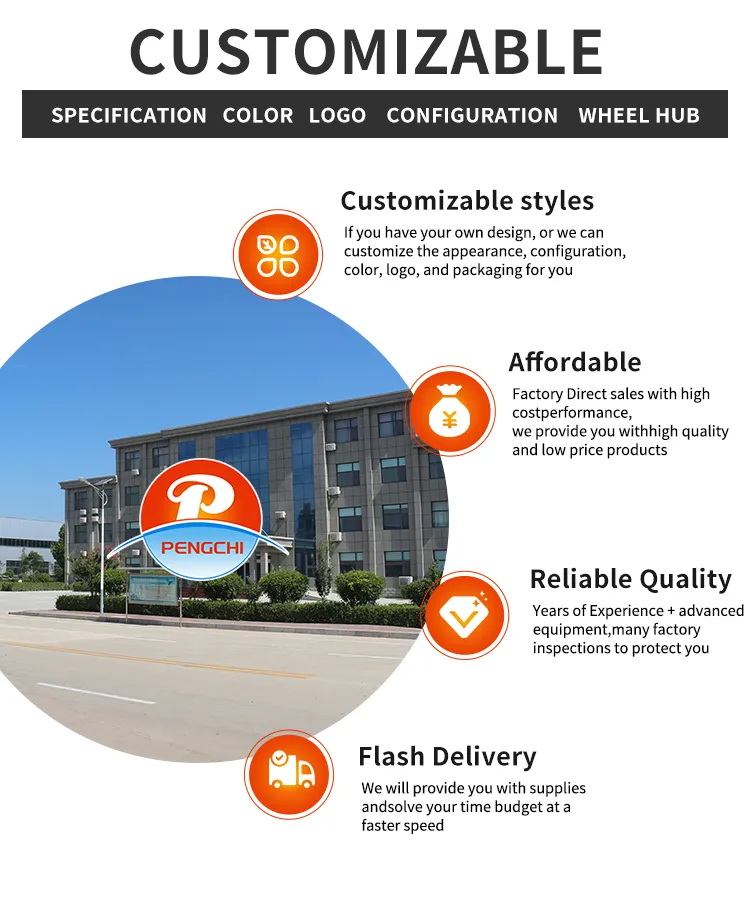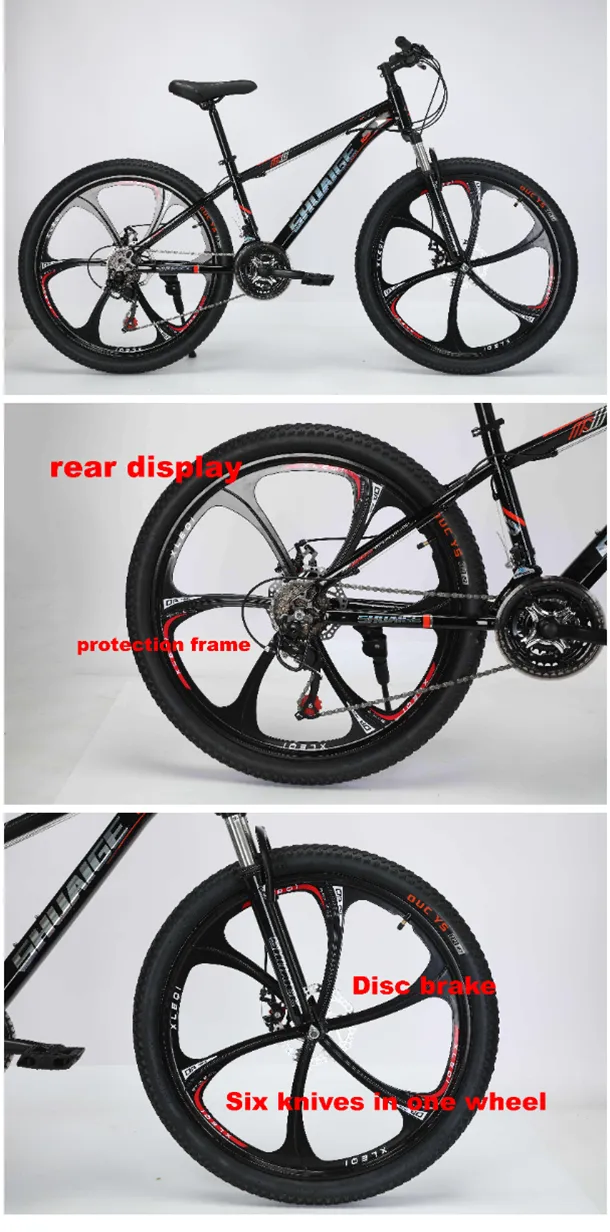2 月 . 16, 2025 02:21 Back to list
Pengchi Wholesale Chinese Bikes 4.0 Tire 26 Inch Bicicleta Racing In Pakistan 21 Speed MTB Snow Bike Fat Tire Adult Bikes
For urban dwellers and adventure seekers alike, folding bikes represent a unique blend of convenience, portability, and sustainability. These compact two-wheelers redefine the traditional cycling experience, providing a practical solution for those navigating crowded city streets or setting off on transport systems where space is at a premium.
Trustworthiness is a crucial consideration for any potential folding bike owner. Reputable brands typically back their products with extensive warranties and robust customer support systems, offering peace of mind alongside a quality product. User reviews and expert testimonials consistently commend the reliability and performance of these bikes across varied terrains and weather conditions. Furthermore, folding bikes are not just a contemporary solution but have withstood the test of time, continually evolving to incorporate the latest technological advancements. Choosing the right folding bike involves considering several factors the weight and size when folded, ease of folding, the type of terrain you’ll be navigating, and your specific commuting needs. For instance, if daily commutes involve significant rail travel, a bike with a quick fold and light frame should be prioritized. Conversely, for those tackling hillier routes, models with a robust gearing system or electric assistance may be more suitable. In conclusion, folding bikes are more than just a novelty; they are a testament to modern engineering and an ideal solution for individuals looking to streamline their commute while minimizing their carbon footprint. As our cities continue to grow and evolve, so too will the role of folding bikes, proving to be an essential asset for urban living in the years to come.


Trustworthiness is a crucial consideration for any potential folding bike owner. Reputable brands typically back their products with extensive warranties and robust customer support systems, offering peace of mind alongside a quality product. User reviews and expert testimonials consistently commend the reliability and performance of these bikes across varied terrains and weather conditions. Furthermore, folding bikes are not just a contemporary solution but have withstood the test of time, continually evolving to incorporate the latest technological advancements. Choosing the right folding bike involves considering several factors the weight and size when folded, ease of folding, the type of terrain you’ll be navigating, and your specific commuting needs. For instance, if daily commutes involve significant rail travel, a bike with a quick fold and light frame should be prioritized. Conversely, for those tackling hillier routes, models with a robust gearing system or electric assistance may be more suitable. In conclusion, folding bikes are more than just a novelty; they are a testament to modern engineering and an ideal solution for individuals looking to streamline their commute while minimizing their carbon footprint. As our cities continue to grow and evolve, so too will the role of folding bikes, proving to be an essential asset for urban living in the years to come.
Latest news
-
Toy Car with Parental Remote - Safe Electric Ride-On Car with Parental Control
NewsJun.10,2025
-
Cheap Bikes for Students - Affordable & Durable Student Bicycles Online
NewsJun.10,2025
-
Children Balance Bike Lightweight & Adjustable OEM Designs
NewsMay.30,2025
-
Junior BMX Race Bikes Lightweight, Durable & Speed-Optimized
NewsMay.30,2025
-
21-Speed Foldable Gear Cycle Compact & Portable Commuter Bike
NewsMay.30,2025
-
Affordable & Durable Bikes for Students Campus Commutes Made Easy
NewsMay.29,2025



